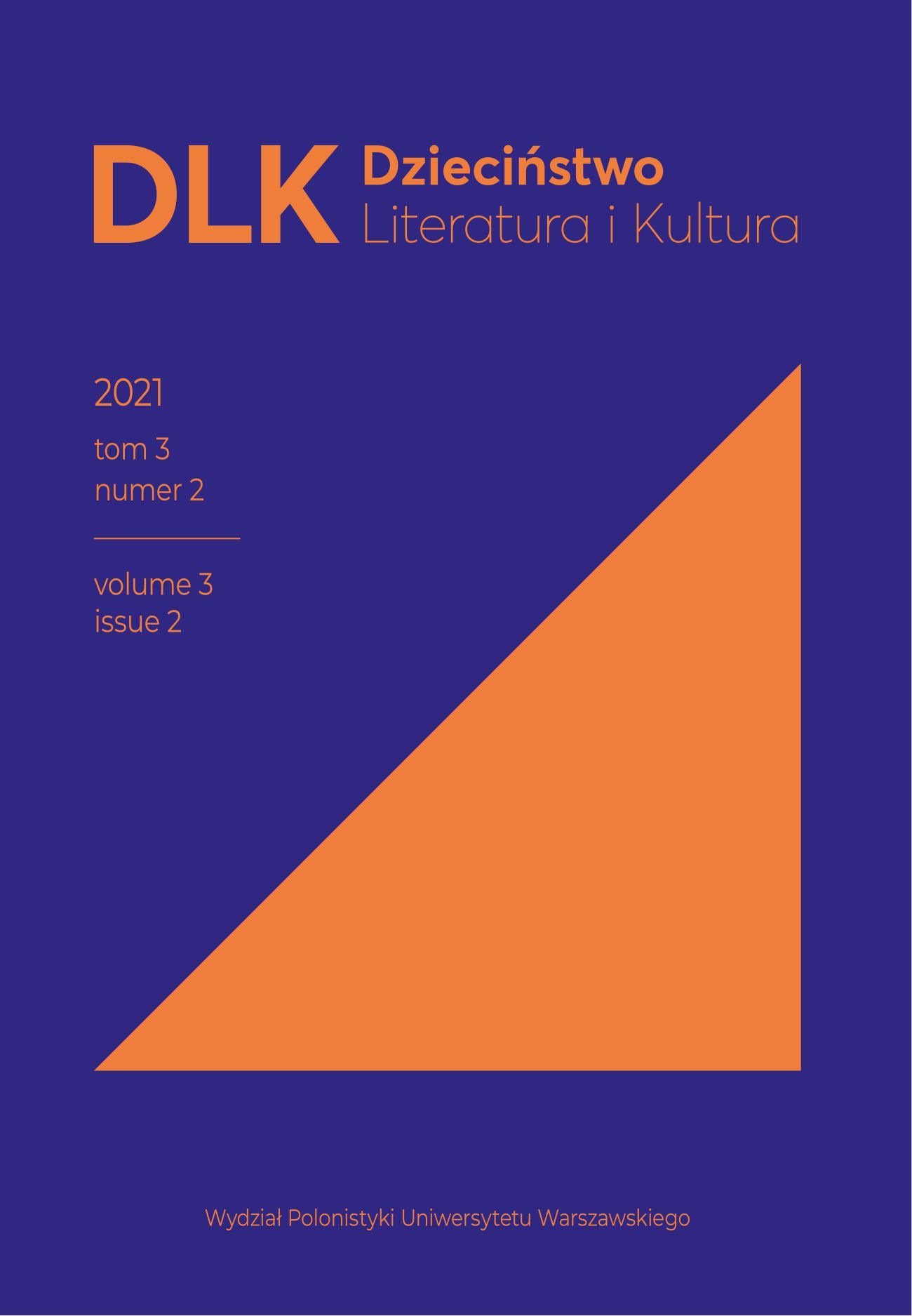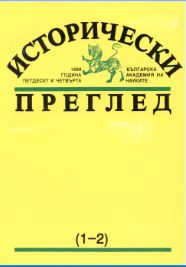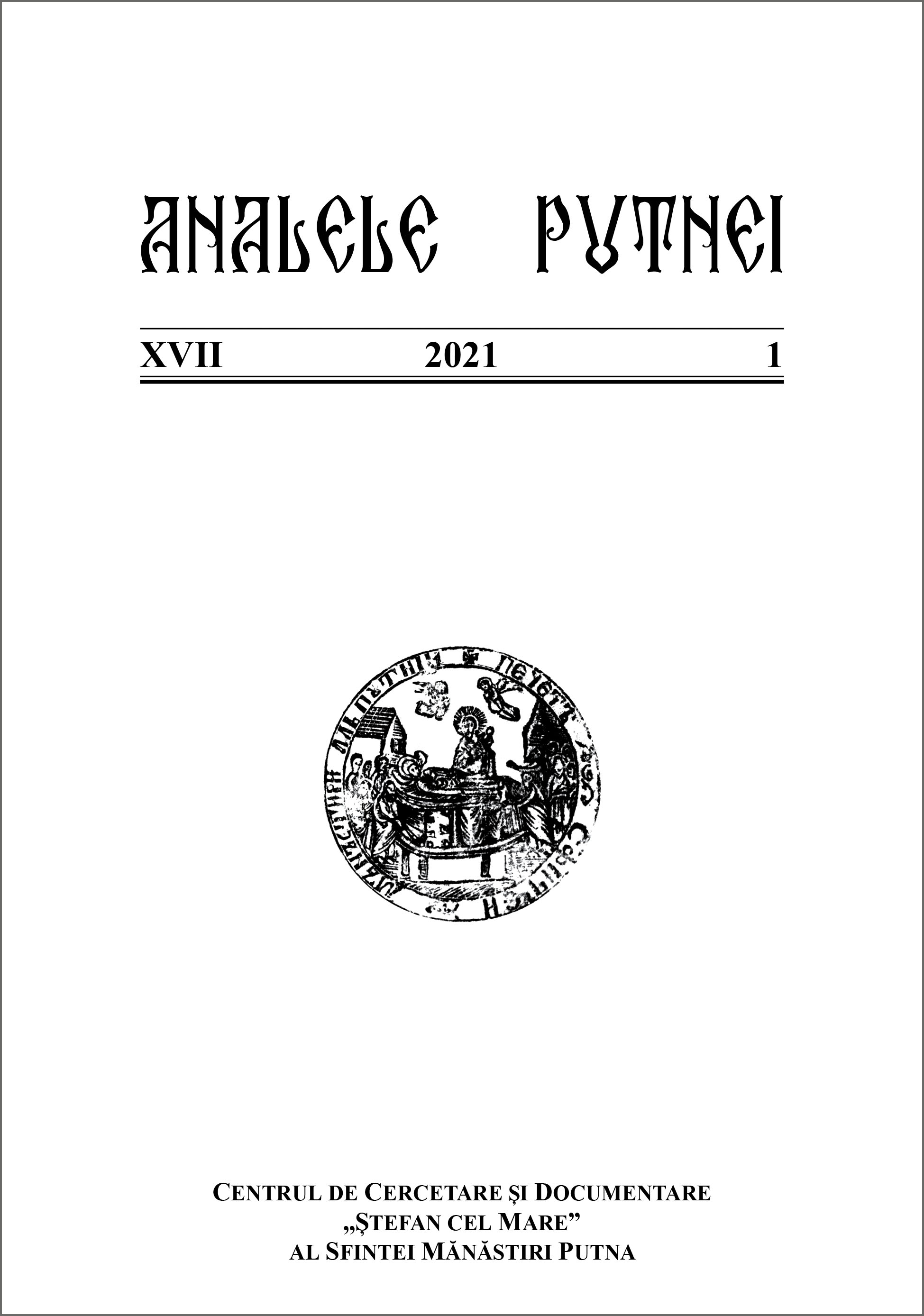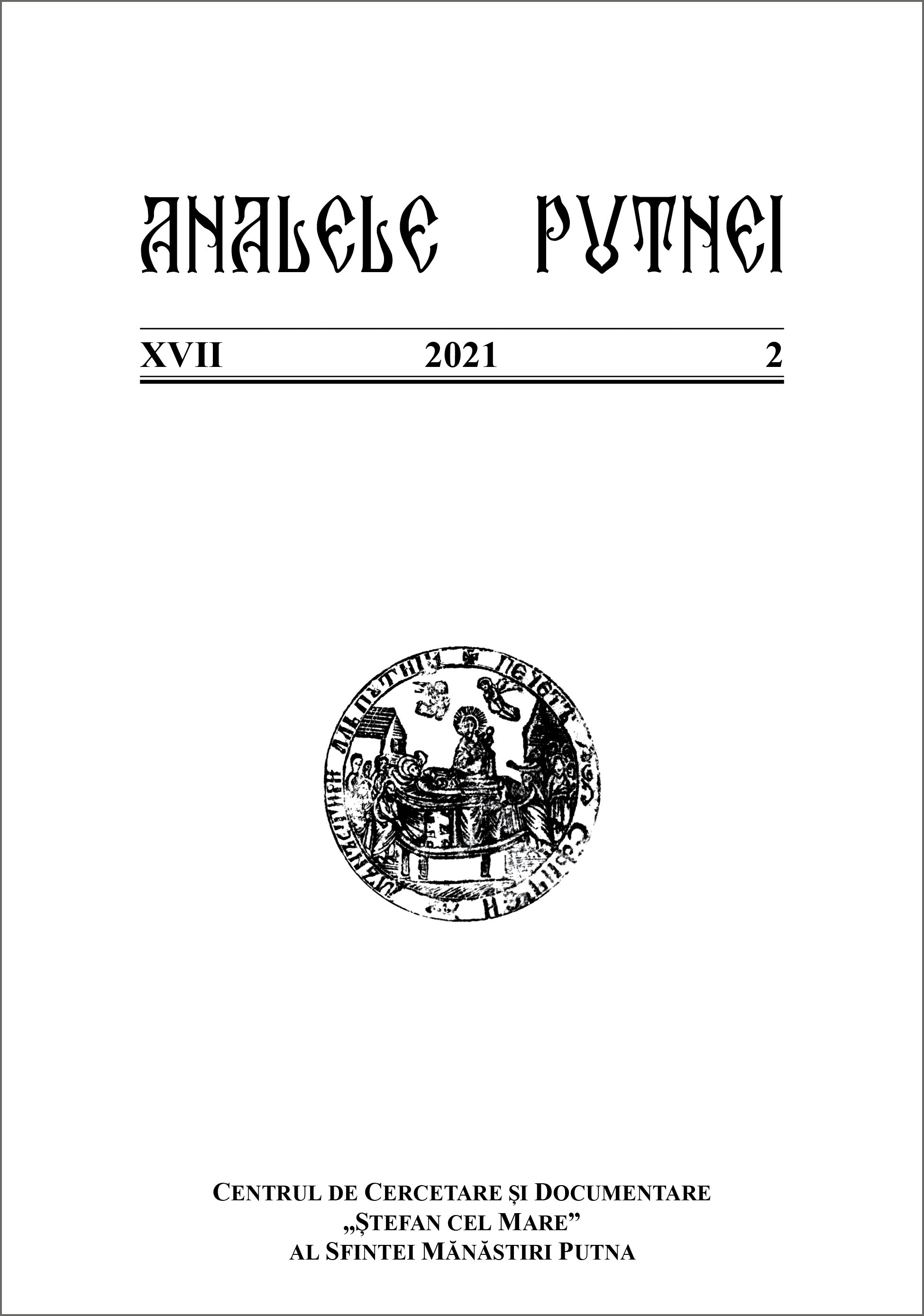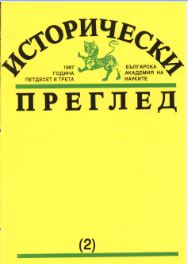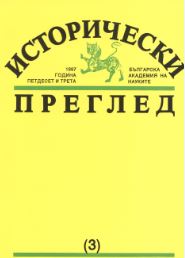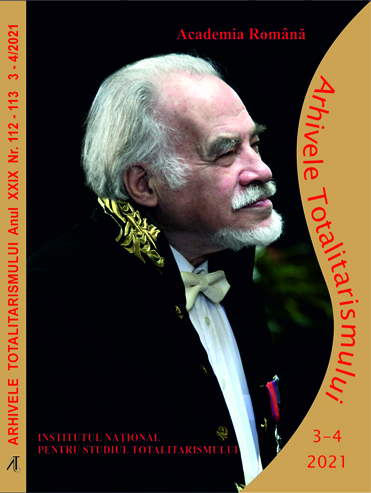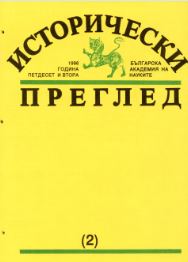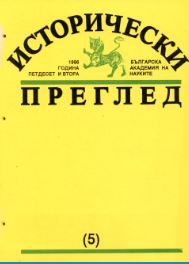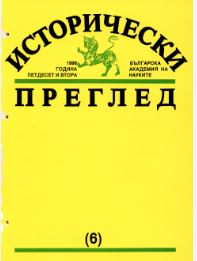Author(s): Pál Fodor,Klára Hegyi / Language(s): Bulgarian
Issue: 6/1996
After the Ottomans had gradually crushed the resistance of the Hungarian Kingdom in a constant wartime of more than one hundred years, from the 1520s on they began to occupy Hungarian territories. Concerning the political aims of Suleyman (1520–1566) two diametrically opposed views have been advanced. One group of scholars maintain that the Ottoman ruler did not want to subjugate Hungary directly, but he wished to compel the Hungarians to accept a vassal status similar to that of the Moldavian and Wallachian principalities. According to others, the Ottoman ruler intended to extend his dominion over Hungary right from the outset, and to this end he used the traditional Ottoman method of gradual conquest. The authors of the article share the latter opinion, and at first they demonstrate how the strategy of gradual conquest was put into practice in Hungary between 1520 and 1541. At the same time they regard the Ottoman occupation of Central Hungary in 1541 as a consequence of the Habsburg aspiration as well. Originally, both the Ottomans and the Habsburgs aimed at dominating the whole of Hungary, but, due to the balance of their military forces, none of them was able to carry out maximum programme. As a result, Hungary became an area of war and conflicts between two world empires for more than 150 years, and the Hungarian Kingdom, which had been exceptionally unified during the Middle Ages, was divided into three spheres of political influence: Ottoman, Habsburg and Transylvanian. Since the military forces of the Habsburg and the Ottoman empires virtually balanced each other in the 16th century, none of them was able to conquer the whole of Hungary. Consequently, they divided the country, establishing a state of permanent wartime for 150 years, which did not totally appease itself even when the two opponents were theoretically at peace. Because of the constant state of war and the country’s being in the front line the Ottomans garrisoned a very considerable regular army (of some 25 000 men in the 1570s) there, which was completed by thousands of unregistered soldiers. Turkish administration in the capital and in the country regarded as its chief task the provision of this military force. The Ottoman rule in Hungary remained before all a military occupation, civil authority only manifesting itself in the field of the administration of landed property and of finances. There was hardly any effort of Islamization in Hungary, the Hungarian laws remained in force, and the municipalities of the Hungarian towns and villages also lived on and even increased their independence. The export of cattle and wine and also the cultural relations linked the territory under Ottoman occupation to the royal part of the country and to Western Europe.
More...
